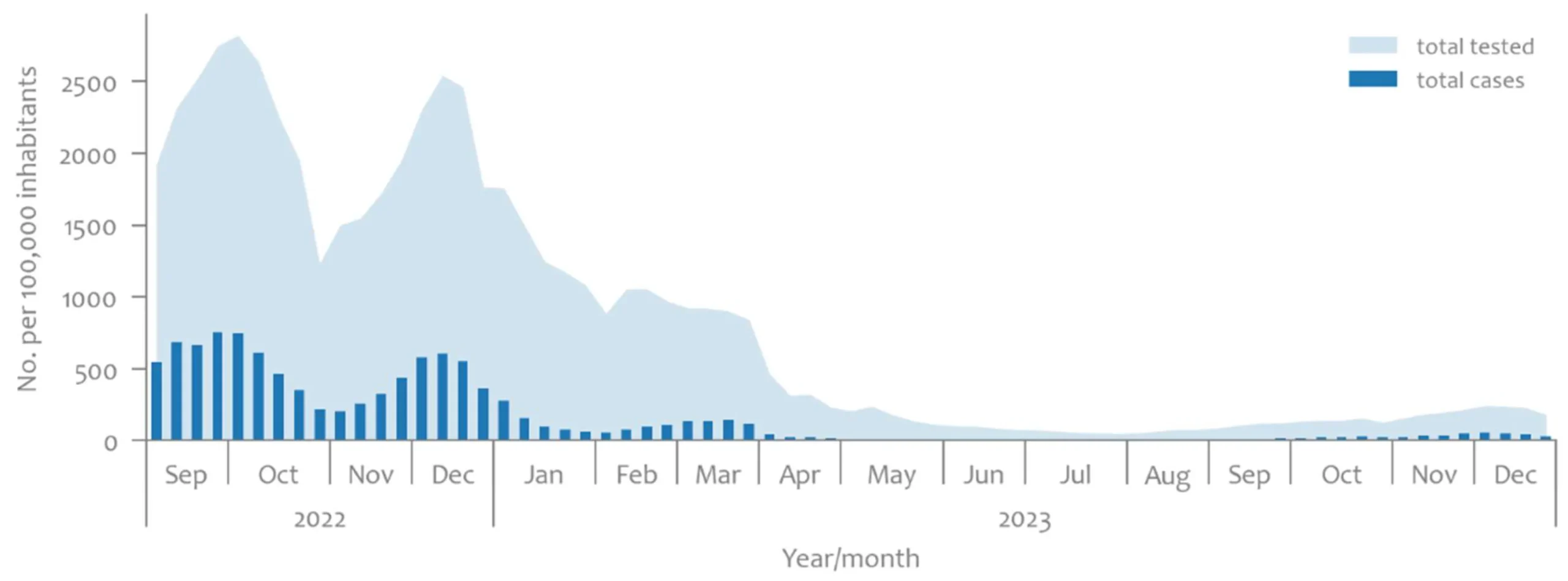Slovenia’s Key Role in Historic U.S.-Russia Prisoner Swap: Biden’s Praise for PM Golob
In a landmark event that has captured global attention, the U.S.-Russia prisoner swap finalized in August 2024 marks the largest exchange since the dissolution of the Soviet Union. This historic negotiation involved the release of 24 individuals and extensive discussions across seven nations, showcasing the intricate web of international diplomacy. At the heart of this significant event was Slovenia, a small but strategically important country in Central Europe, which played a pivotal role in facilitating the exchange.
The swap successfully liberated three Americans: Evan Gershkovich, a Wall Street Journal reporter; Alsu Kurmasheva, an editor for Radio Free Europe/Radio Liberty; and Paul Whelan, a former U.S. Marine who has been detained since 2018. Their release has been hailed as a major diplomatic victory, not only for the United States but also for the broader international community advocating for human rights and the rule of law.
Slovenia’s involvement in this high-stakes negotiation was crucial. The country agreed to release two Russian operatives, Artem Viktorovich Dultsev and Anna Valerevna Dultseva, who had been living in Ljubljana under false identities while allegedly conducting espionage activities. This decision underscores Slovenia’s willingness to engage in complex diplomatic maneuvers, balancing its relationships with both the U.S. and Russia.
President Joe Biden publicly commended Slovenian Prime Minister Robert Golob for his diplomacy and leadership during an Oval Office meeting. “You made it happen,” Biden stated, emphasizing Slovenia’s significant contribution to the successful negotiation. This praise not only highlights the importance of Slovenia’s role but also reflects the strengthening ties between the two nations.
Golob’s meeting with Biden is particularly noteworthy, as he is only the third Slovenian prime minister to be invited to the White House for a meeting with a sitting U.S. president. This invitation signifies a deepening of diplomatic relations and a recognition of Slovenia’s strategic importance in European and global affairs.
In addition to the release of the three Americans, the swap included Vladimir Kara-Murza, a Russian-American political prisoner and Pulitzer Prize winner. This aspect of the negotiation underscores the humanitarian dimension of the discussions, as it highlights the plight of individuals unjustly detained for their beliefs and actions.
The meeting between Biden and Golob also covered critical topics beyond the prisoner swap. They discussed energy security, ongoing conflicts in Ukraine and the Middle East, and collaborative strategies concerning the Western Balkans. These discussions reflect a shared commitment to addressing pressing global issues and enhancing cooperation in various sectors.
Golob has not shied away from expressing his views on contentious issues, including his criticism of Israel’s actions during the Gaza conflict. During his address at the United Nations in September 2024, he called for an end to violence, demonstrating Slovenia’s willingness to take a stand on international humanitarian issues.
Biden reiterated the importance of alliances in international diplomacy, stating that this event demonstrated to those questioning U.S. alliances that they are vital and impactful. The successful negotiation of the prisoner swap serves as a testament to the power of collaboration and mutual respect among nations.
Looking ahead, both leaders expressed intentions to enhance cooperation on clean energy and advanced technologies. This reflects shared strategic interests that extend beyond immediate diplomatic concerns, indicating a forward-looking approach to international relations.
In conclusion, Slovenia’s role in the historic U.S.-Russia prisoner swap has not only highlighted its diplomatic capabilities but also reinforced the importance of international alliances. As Prime Minister Robert Golob continues to navigate complex geopolitical landscapes, the praise from President Biden serves as a reminder of the potential for small nations to make significant contributions on the world stage. The future of Slovenia-U.S. relations appears promising, with both countries poised to collaborate on critical global issues while fostering a spirit of cooperation and understanding.






Leave a Comment